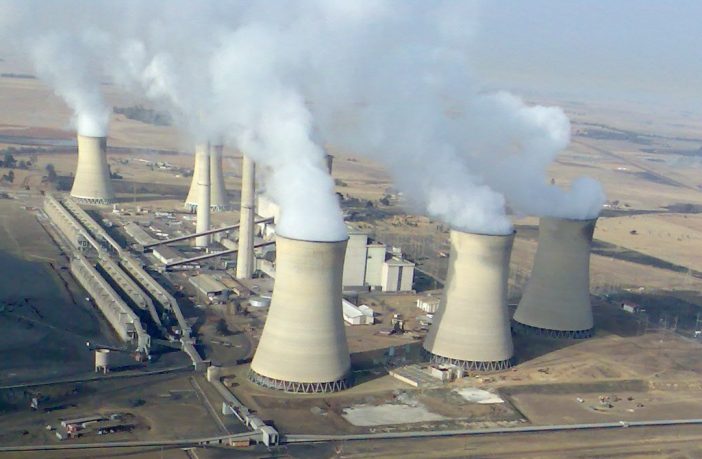- South African civil rights organisation OUTA has submitted a formal request to Eskom for information in terms of the Promotion of Access to Information Act (PAIA), asking to receive specified technical information automatically and on an ongoing basis in future.
- The organisation said the information it is seeking is specifically with regard to operating and environmental performance.
A PAIA application to a state-owned entity (SOE) such as Eskom can be submitted by any citizen or legal persona, and is a formal request for information following due process and the correct channels.
This process has to be followed as a precursor to any legal action that may be taken compelling the utility to provide the information requested.
Related news: Nowhere to hide for 16 heavy corporate polluters in South Africa
“While we believe that Eskom is now probably in the best leadership space it has been in recent years, the entity is still in bad shape and suffering from the inefficiencies, corruption, lack of maintenance and massive debt burden accumulated during the Zuma era,” stated OUTA.
According to the organisation, in order for the power utility to win the confidence of ratings agencies, financial markets, customers, labour, communities, civil society and the public, much greater transparency is needed in respect of financial, operational, environmental and restructuring issues.
Eskom limiting the information available
OUTA is of the view that Eskom is purposefully limiting the information available to customers and the public in order to avoid scrutiny, accountability and independent analysis of its poor performance.
“The problem with many of our SOEs and government-managed operations is the lack of transparency and failure to supply of information that society is entitled to see,” said Liz McDaid, OUTA’s energy portfolio manager.
“As we know, transparency is the enemy of corruption and poor performance, and is an important driver towards accountability and improved performance,” McDavid added.
By enabling the public to have access to automated, real-time information on power station performance, customers, stakeholders and the public are able to see trends and link events to specific decline or improvement in performance.
According to OUTA, further benefits to Eskom, electricity customers, electricity distributors and the general public include increased levels of accountability and peer pressure on Eskom management, staff and workers to improve poor plant performance, and increased recognition for good plant performance.
Author: Babalwa Bungane
This article was originally published on ESI Africa and is republished with permission with minor editorial changes.















